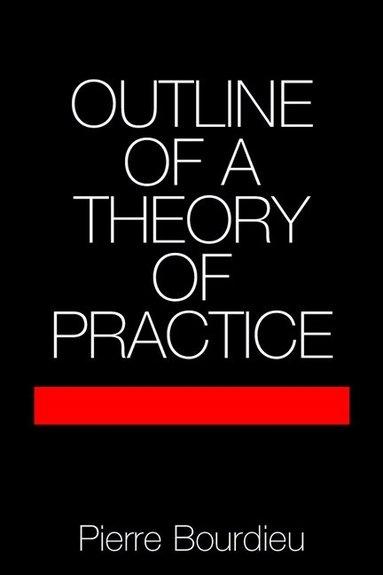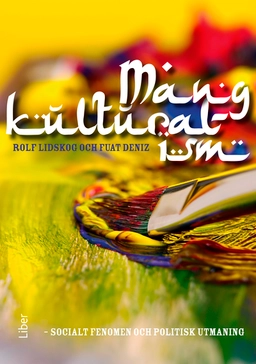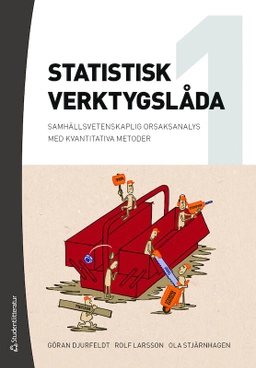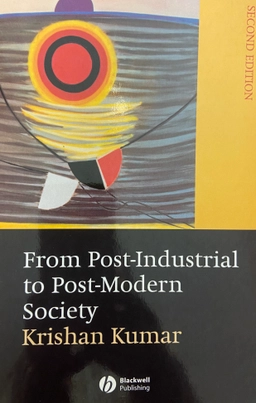

Outline of a theory of practiceUpplaga 10
- Upplaga: 10e upplagan
- Utgiven: 1977
- ISBN: 9780521291644
- Sidor: 255 st
- Förlag: Cambridge University Press
- Format: Häftad
- Språk: Engelska
Om boken
Åtkomstkoder och digitalt tilläggsmaterial garanteras inte med begagnade böcker
Mer om Outline of a theory of practice (1977)
1977 släpptes boken Outline of a theory of practice skriven av Pierre Bourdieu. Det är den 10e upplagan av kursboken. Den är skriven på engelska och består av 255 sidor. Förlaget bakom boken är Cambridge University Press.
Köp boken Outline of a theory of practice på Studentapan och spara uppåt 18% jämfört med lägsta nypris hos bokhandeln.
Referera till Outline of a theory of practice (Upplaga 10)
Harvard
Oxford
APA
Vancouver



















